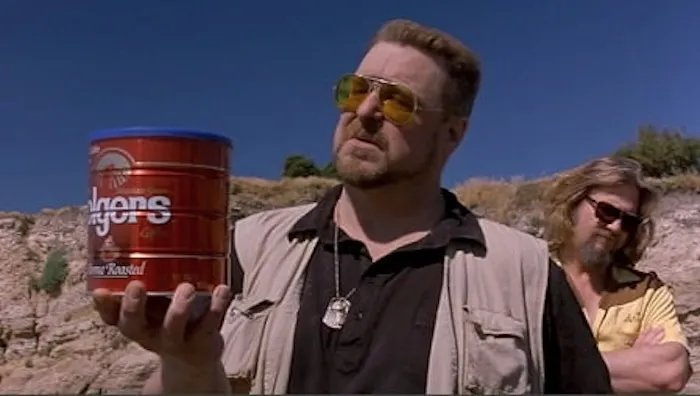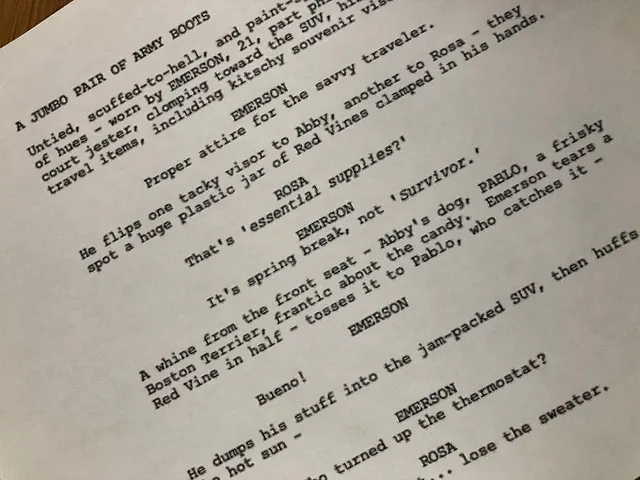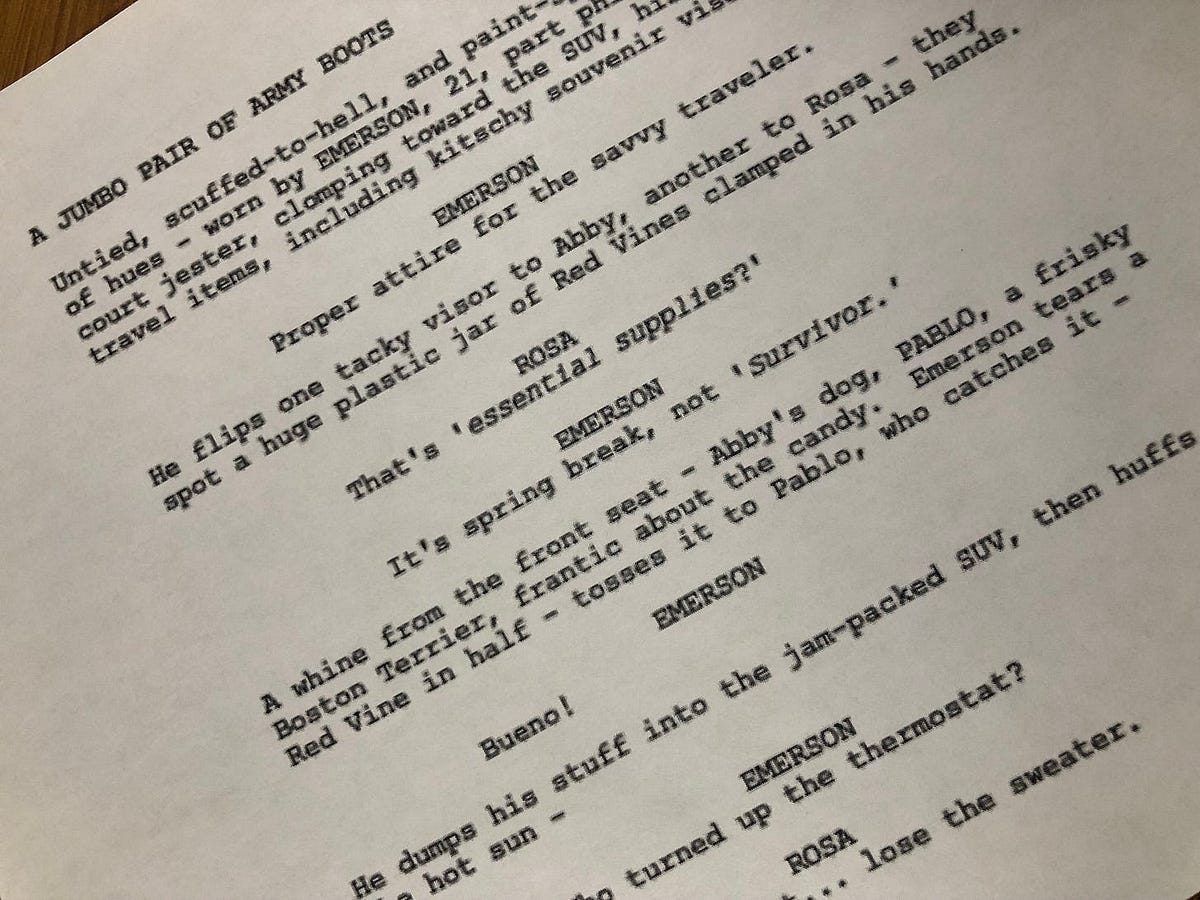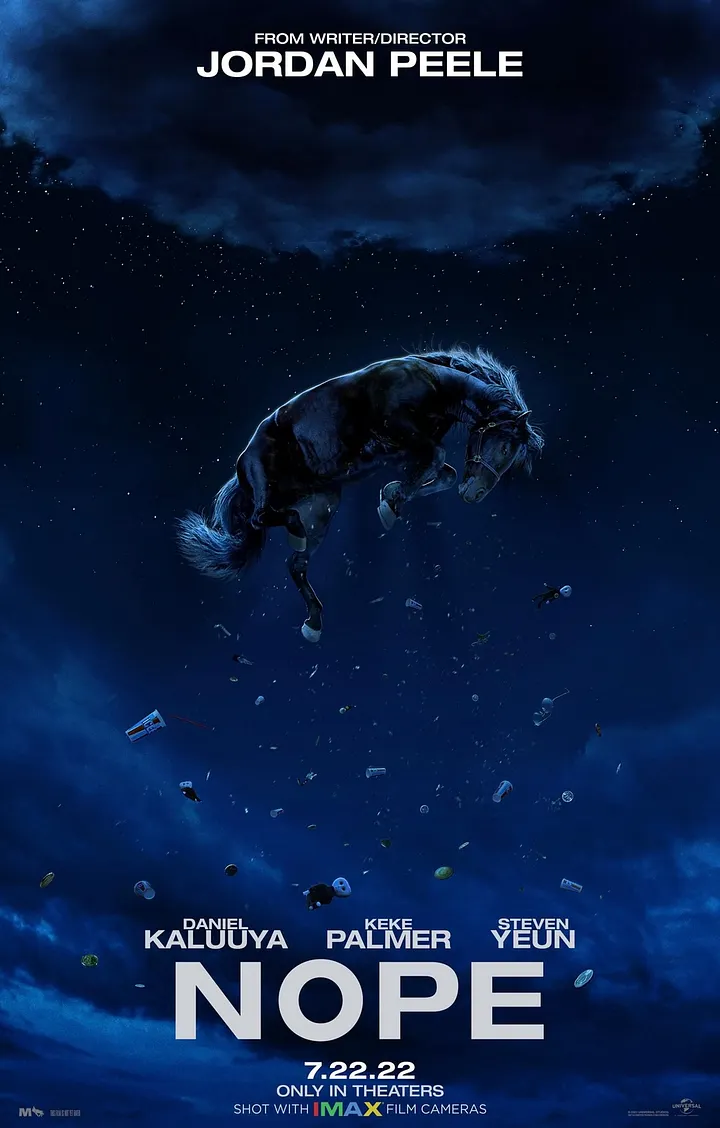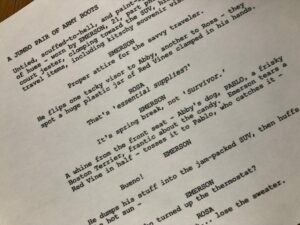Uncover the Untold Story Behind the Most Iconic Scene in “The Big Lebowski”
“Donny was a good bowler, and a good man. He was one of us.” That simple line from The Big Lebowski sorta sticks with you, doesn’t it? It’s not every day a movie scene packs such a punch—mixing humor, heart, and a dash of life’s messy unfairness, all while bidding farewell to a beloved character in perhaps the most unexpected way: with ashes in a Folger’s coffee can. Ever wondered why this scene hits so close to home? Or why Walter’s meandering Vietnam rant somehow lands perfectly in a moment of genuine sorrow? As someone who’s been knee-deep in screenwriting and storytelling for decades, I can’t help but marvel at how the Coen brothers craft such layered scenes where quirky dialogue meets profound emotion. So pull up a chair, grab your metaphorical bowling ball, and let’s dive into why this particular goodbye works masterfully—because, really, why does losing Donny feel like losing a part of ourselves? Ready to dissect the craft behind this memorable moment? LEARN MORE
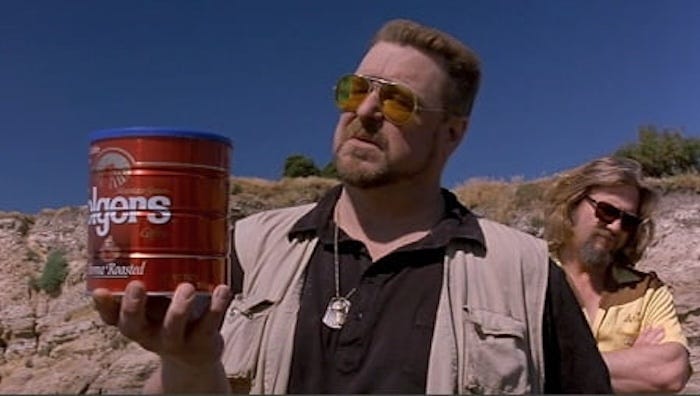
“Donny was a good bowler, and a good man. He was one of us.”
Another in the Great Scene series in which we cite notable movie scenes, then analyze and discuss them, their structure, themes, character dynamics. Why do they work? What are their narrative elements that elevate them to greatness? Let’s face it: In a fundamental way, screenwriting is scene-writing, so the more we learn about this aspect of the craft, the better.
Today: The 1998 movie The Big Lebowski, written by Ethan Coen and Joel Coen.
IMDb plot summary: “Dude” Lebowski, mistaken for a millionaire Lebowski, seeks restitution for his ruined rug and enlists his bowling buddies to help get it.
In this scene, Walter Sobchak (John Goodman) and The Dude (Jeff Bridges) bid farewell to Theodore Donald ‘Donny’ Kerabatsos (Steve Buscemi).
Here’s the movie version of the scene:
Such a great scene and for many reasons:
- Let’s start with the fact Donny’s ashes are inside a Folger’s coffee can.
- How about Walter veering off into yet another one of his diatribes about the Vietnam War, then the awkward segue back to the matters at hand: “These young men gave their lives. And so would Donny, who loved bowling.” Yes, Walter went far afield, but he brought it back… with bowling.
- Then the touching end. The Dude blows up at Walter about bringing up Vietnam, then Walter embraces the Dude, and then the Dude reveals what’s underneath his anger: Sadness at losing Donny.
What is ironic in the extreme is that Donny, who always seems to be behind everyone else about everything, a true innocent, he is the one who gets whacked. It’s not fair. Then again, this is the Coen brothers’ universe and ‘fair’ has little to do with anything.
What’s your perspective on this scene? Why does it work? What do you take away from it?
To read all of the entries in the Great Scene archive, go here.
